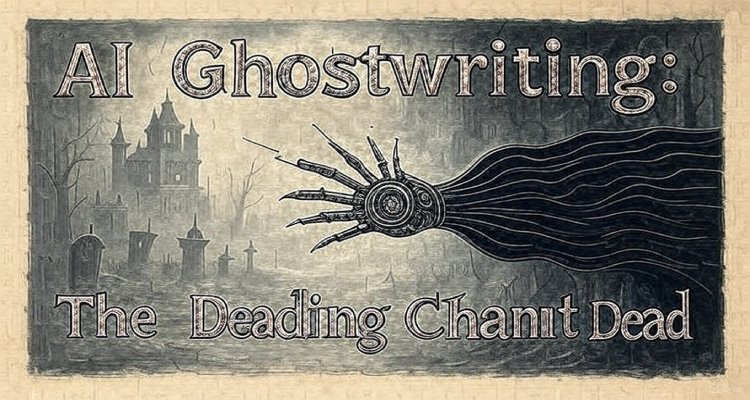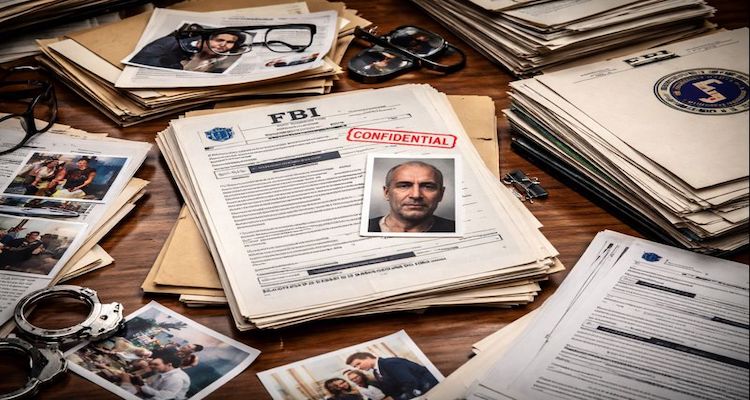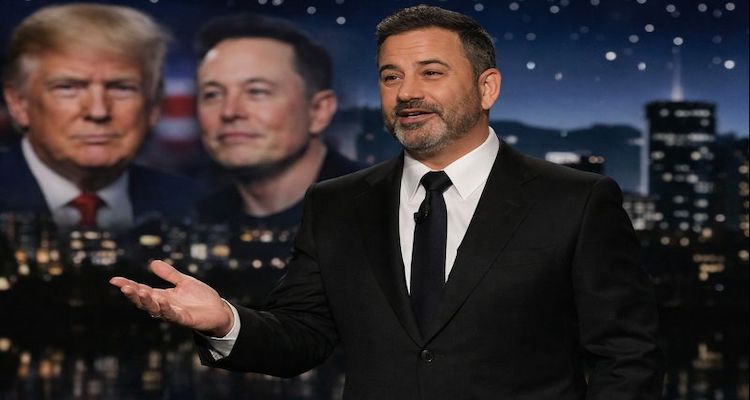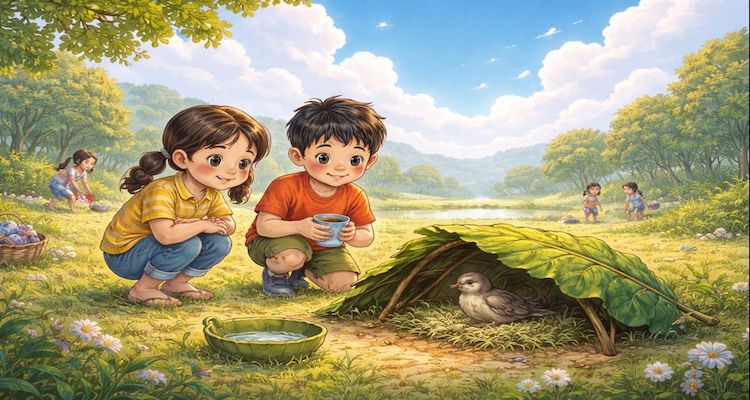AI Ghostwriting: When Algorithms Channel the Dead

From unfinished manuscripts to posthumous speeches, AI ghostwriting is reviving voices of the departed. But is it innovation, imitation, or exploitation?
Introduction: A Whisper from the Past
What if your favorite writer could release one more novel, years—or decades—after their death? Today, artificial intelligence makes that possibility eerily real. Algorithms trained on decades of writing styles, archived interviews, and digitized books are now capable of generating new works that sound strikingly like their authors. Dubbed “AI ghostwriting,” the practice has fueled curiosity, controversy, and a deeper question: are we honoring legacies, or haunting them?
Context & Background: Technology Meets Eternity
The concept of resurrecting voices isn’t entirely new. For years, musicians’ estates have released posthumous albums using unfinished recordings. Similarly, publishers have polished incomplete manuscripts into publishable works. But with generative AI, the scope expands dramatically.
Modern AI systems don’t just mimic vocabulary—they learn cadence, tone, syntax, and artistic rhythm. This means they can craft entirely new material that feels unmistakably like a deceased writer, poet, or public figure. Imagine a fresh Shakespearean sonnet in 2025, a Hemingway-inspired short story, or a newly “written” speech in Martin Luther King Jr.’s voice.
Publishing houses, tech startups, and even families of deceased creators are beginning to explore AI as a way to preserve—and monetize—legacies. Yet the practice blurs creative, ethical, and legal boundaries.
Main Developments: From Revival to Controversy
In the past two years, several high-profile experiments have captured global attention:
-
Literature: AI trained on Ernest Hemingway’s novels produced short stories that critics described as “eerily familiar but emotionally hollow.”
-
Music: Record labels have explored AI-generated “lost songs” by artists like Amy Winehouse and Kurt Cobain, sparking widespread debate.
-
Public Figures: Some AI tools now reconstruct speeches of political leaders, used in historical documentaries and educational projects.
While these applications inspire awe, they also ignite scrutiny. Many estates express concern that artificial works could commodify grief or distort an artist’s intended legacy.
Expert Insight & Public Reaction
Dr. Rina Kapoor, a digital ethics researcher at the University of Delhi, explains: “AI ghostwriting transforms human creativity into a dataset. While it can preserve culture, it risks diluting authenticity. At what point does tribute become exploitation?”
Public sentiment reflects this tension. Some consumers express fascination at the idea of “new” works from beloved voices. Others feel unease, calling it a “synthetic afterlife” that strips the soul out of art.
Platforms like Reddit’s r/books and X (formerly Twitter) show heated debates:
-
Supporters see it as a new frontier in creative technology.
-
Critics liken it to grave-robbing, arguing AI creations are imitations, not genuine art.
Impact & Implications: The Future of Creativity
The implications are vast and multi-dimensional:
-
Publishing Industry: AI could refresh dormant catalogues, offering publishers lucrative “new” titles. But it could also overshadow living authors struggling for recognition.
-
Cultural Memory: Families may use AI to preserve voices of lost loved ones, creating personalized books, letters, or even interactive conversations.
-
Legal Territory: Copyright law was never designed to cover works after both a creator’s death and an AI’s mimicry. Who owns these algorithmic creations—the AI company, the estate, or no one?
-
Ethical Slippery Slopes: Beyond art, political misuse looms large. Imagine AI-generated “historical speeches” repurposed to fit modern agendas.
Fundamentally, AI ghostwriting challenges our notion of originality, creativity, and even mourning.
Conclusion: A Haunted Future of Words
AI ghostwriting is not just about technology—it’s about how we, as a society, define authorship, legacy, and art. Whether viewed as homage or heresy, these algorithmic creations carry weight. They remind us that while machines can channel the voices of the dead, they cannot replicate the living essence of creativity.
As Dr. Kapoor notes, “Algorithms can echo, but they cannot grieve. What makes art timeless is not just words, but the soul behind them.”
For now, the debate rages on: Are we preserving legacies, or inventing ghosts?
Disclaimer :This article is based on current research and discussions surrounding AI ethics, publishing, and technology trends. It does not claim that any specific AI-generated works are officially endorsed by estates or publishers.










